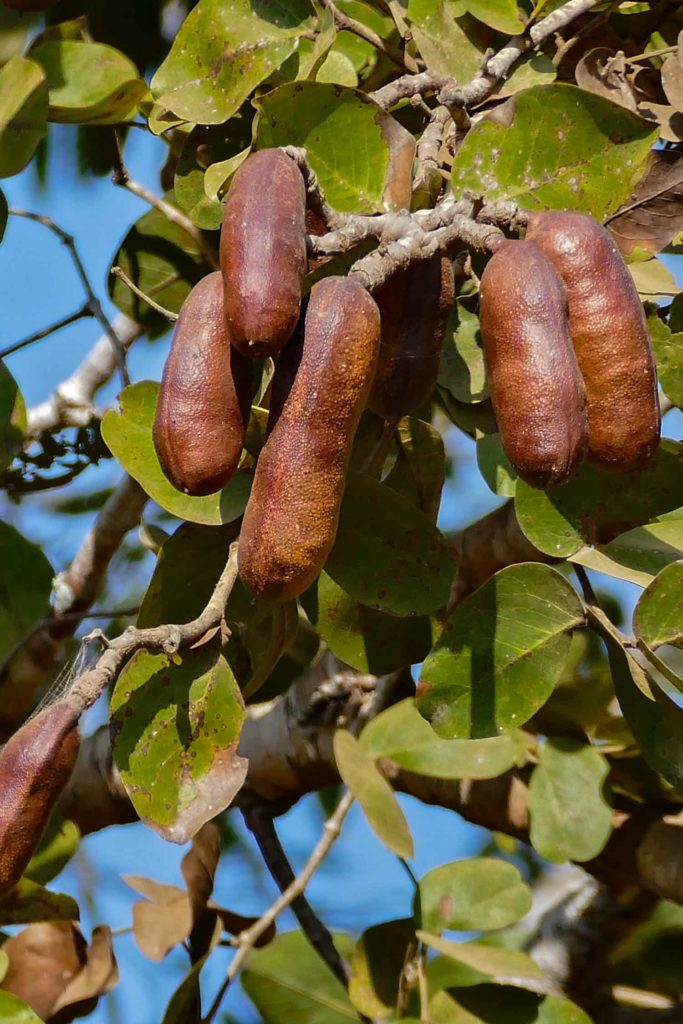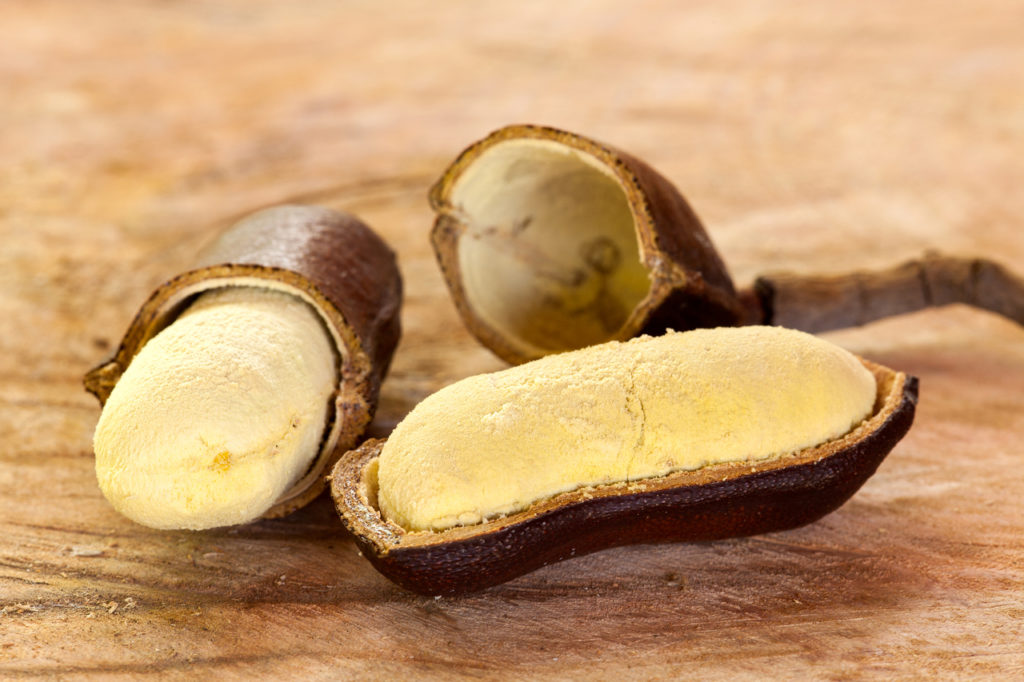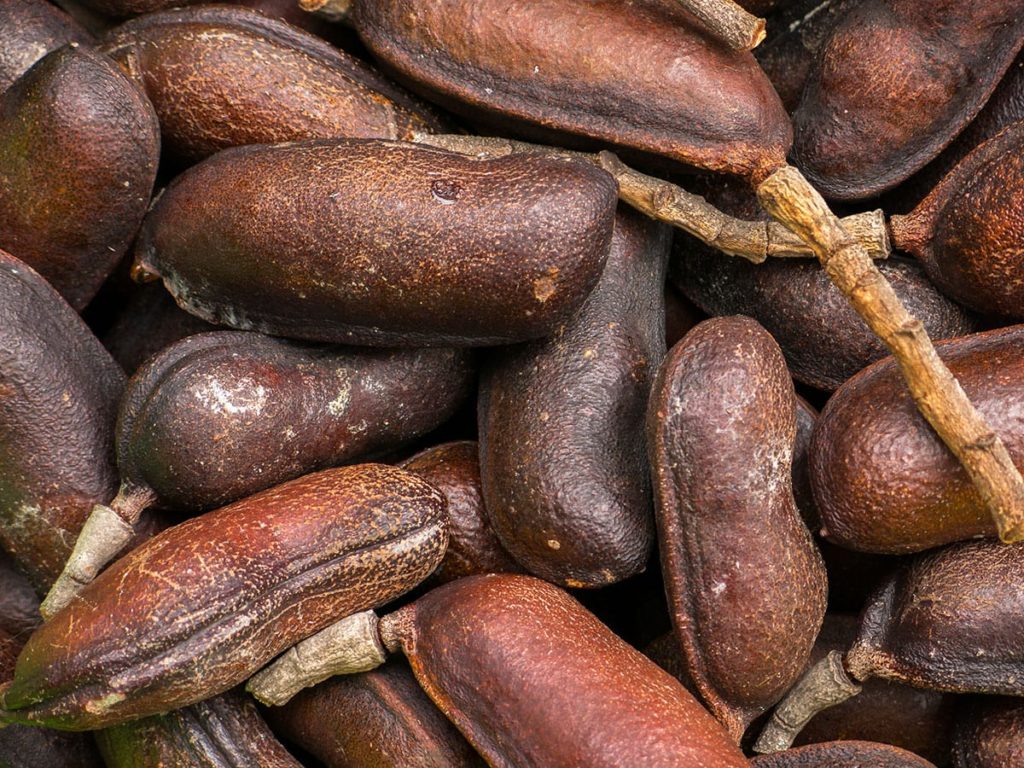

With Jamaica’s rich tropical climate, many delicious and tasty fruits have been able to thrive on the island. Some of these fruits include the pineapple, jackfruit, banana and orange, which can all be found all across the island.
Not only are these fruits delicious, tasty and enjoyed by many, but they also provide several health benefits. In another edition of Our Today‘s feature series, we explore the health benefits that Jamaica-found fruits are able to provide, and, for today, the focus is on the Stinking Toe.
‘Locust fruit’ or the ‘Jatobá’, more popularly known as Stinking Toe, is the fruit of the West Indian Locust. One of the largest trees in the Caribbean, stinking toe can found in a large brown pod, that somewhat resembles the shape of a toe.
Earning its name for its look and smell, the West Indian Locust fruit is roughly three to five inches in length, and on the inside contains powdery, creamy-coloured fleshed seeds.
Health Benefits

May prevent anaemia
The stinking toe is rich in dietary iron. When consumed, the iron from the stinking toe is absorbed by the body and helps to produce haemoglobin, a protein found in red blood cells. The haemoglobin transports oxygen to tissues around the body. The more oxygen distributed around the body, the less likely one is to experience anaemia.
Antibacterial and antifungal properties
Stinking toe is said to have strong antifungal and antibacterial properties and can be used to treat both topical and internal infections. These include urinary tract infections (UTIs), athlete’s foot, headaches, diarrhoea or nail fungus.
Before consuming the fruit for internal issues, consult your doctor as to the best way forward.
Reduces risk of eye disease
Like iron, the fruit is a rich source of Vitamin A, which plays a crucial role in vision by maintaining a clear cornea. Consuming stinking toes may helps to replenish the cells within the eyes for proper functionality.

Powerful antioxidant
Like many other fruits, it has antioxidant properties. The stinking toe is sometimes referred to as the free radicals’ “power off button”. The antioxidants found in the fruit track down free radicals within the body and neutralise the harmful effects they may pose. These include heart disease and cancer.
Anti-inflammatory properties
Stinking toe’s anti-inflammatory properties help to reduce inflammation in the respiratory tract, such as asthma, laryngitis and bronchitis. The fruit is also known for helping with rheumatism – any disease marked by inflammation and pain in the joints, muscles, or fibrous tissue, especially rheumatoid arthritis.
Boosts appetite and energy
Many athletes use stinking toe in their smoothies because of the energy the fruit is known to give from its vitamins, minerals and carbohydrates. It is also consumed or given to those who appear to have a loss of appetite.







Comments